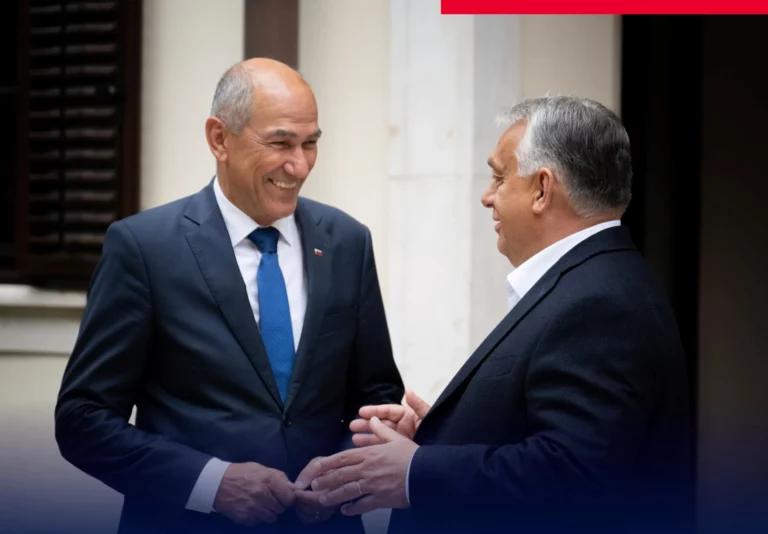Middle East
Hungarian minister afraid of ‘History’s biggest humanitarian catastrophe’

Wizz Air conquers Middle East: here is their new joint venture

Saudi Arabia celebrates its National Day in Budapest with magnificent event – Photo gallery

Hungary backs Trump’s legacy in the Middle East

Hungarian athletes of Palestinian origins honored by Palestinian embassy

Hungarian minister on official visit in the Middle East

Hungarian FM says Trump will bring peace

Photo gallery: Pakistan Embassy Hungary holds First-Ever Art Exhibition of Pakistani Artists in Budapest

Kingdom of Saudi Arabia envisions Riyadh Expo 2030

New coastal destination in the Kartago Tours winter offer from Hungary!

PM Orbán, FM Szijjártó held talks about war, athletics, aid for Christians

New direct flight will begin operation from Budapest to the Middle East!

Kuwaiti and Hungarian Foreign Ministers met in Budapest
Hungary and Kuwait are both in favour of urgent peace talks in Ukraine, Foreign Minister Péter Szijjártó said after talks...
Kuwaiti FM in Budapest: great potential for development between the two countries

Hungarian FM: Global security at greatest risk in 70 years

PM Orbán invites Qatar investors to buy Budapest Airport

Here is how Qatar will help Hungary

Orbán departed to an exotic Middle-Eastern country again





 ZH
ZH IT
IT DE
DE HR
HR NL
NL FR
FR JA
JA RO
RO RU
RU ES
ES TR
TR
